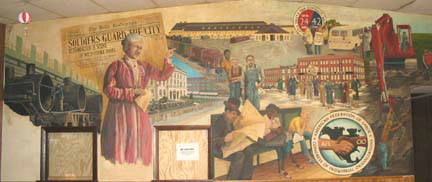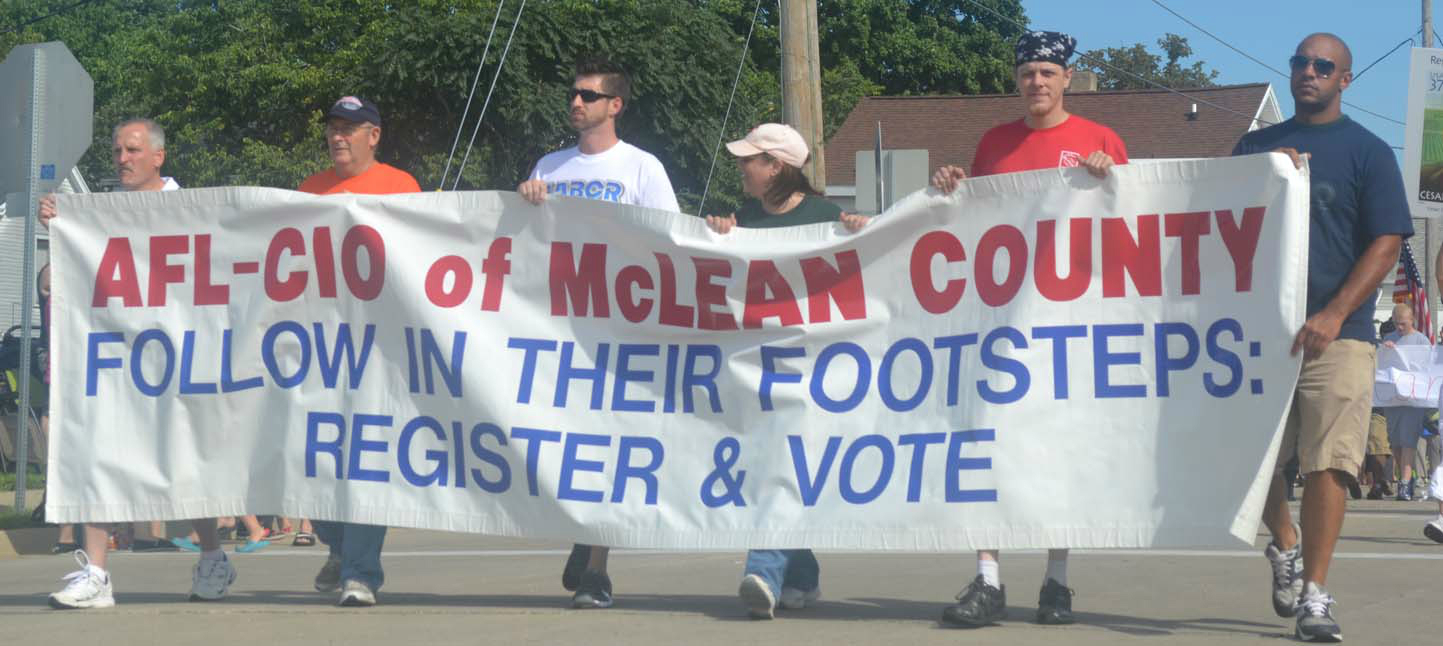|
What happens to people left behind when the economy disappears? How do they see themselves and their struggling lives?
We’re Still Here is a telling chronicle of a once-thriving Eastern Pennsylvania coal town, where dangerous underground mining formerly ensured economic vitality and decent, unionized jobs. Sociologist Jennifer Silva spent months in the community, winning trust and listening to those economically left behind, their lives shattered by drugs, alcohol, injury, dead-end jobs and destructive relationships.
When the mines thrived, the coal fields had community stability. It was dangerous work, but decent pay allowed people to buy homes. With a Wal-Mart economy of convenience stores, a few non-union factories and tattoo parlors, a community shrinks. With the mines shuttered and factory jobs few, religion, self-help and drugs become the escape route. Women seek supportive partners with men who have no stability in their own lives.
A century ago, white ethnics from Eastern and Central Europe came to work the mines. Their children hang on precariously. Mixing in the small towns are urban refugees, fleeing violent cultures in New York and Philadelphia, who find inexpensive housing and a dream in rural, small town Pennsylvania. Racial tensions rise as these new migrants arrive.
Silva’s central question is, “How do people define their interests?” Politically, do they consider what party or candidate will most improve their lot? The 2016 Clinton vs. Trump election shadows her interviews.
Many simply believe all government is corrupt and voting is a useless exercise. A majority are drawn to Trump with his promises of a coal revival, and a perception of a “stand-up” male who will upset the status-quo, wealthy enough that many perceive he is above corruption. Although once a Democratic stronghold, Clinton is seen as too polished and guarded to mobilize these voters. Bernie Sanders is the one Democrat who is positively perceived.
Voting and political power is a distant illusion. Daily life, survival and personal dreams are the focus. Silvia deftly explores individual’s gender status and self-definition.
Men, often with criminal records, no longer enjoy status as the breadwinning provider. White men once marched through the streets with their rifles, railing against the newly arriving urban African-Americans and Puerto Ricans. Women are left to raise children, often from multiple fathers, string together minimum wage jobs, suffering with their own drug addictions, and finding strength through religion or self-help books. Many see their own suffering and life travails as a redemptive tale, mentally separating themselves from their neighbors in the same situations.
Economic forces rarely account for human needs. Generations migrated to the coal fields for decent jobs. Once the coal is gone, they are forgotten and abandoned, assumed they will move, educate themselves or find new economic fields to mine. The tenuous links of place and family hold people to their home.
Economic powers always seek new opportunities, new resources to exploit, new people with strong work ethics. Those families who agreed to the bargain, gave their lives and their bodies to the work, now are treated no better than the coal slag heap that remains in Coaltown.
Reviewed by Mike Matejka We're Still Here: Pain and Politics in the Heart of America, by Jennifer M. Silva, Oxford University Press, 2019, ISBN 978-0-0-19-088804-6
|



